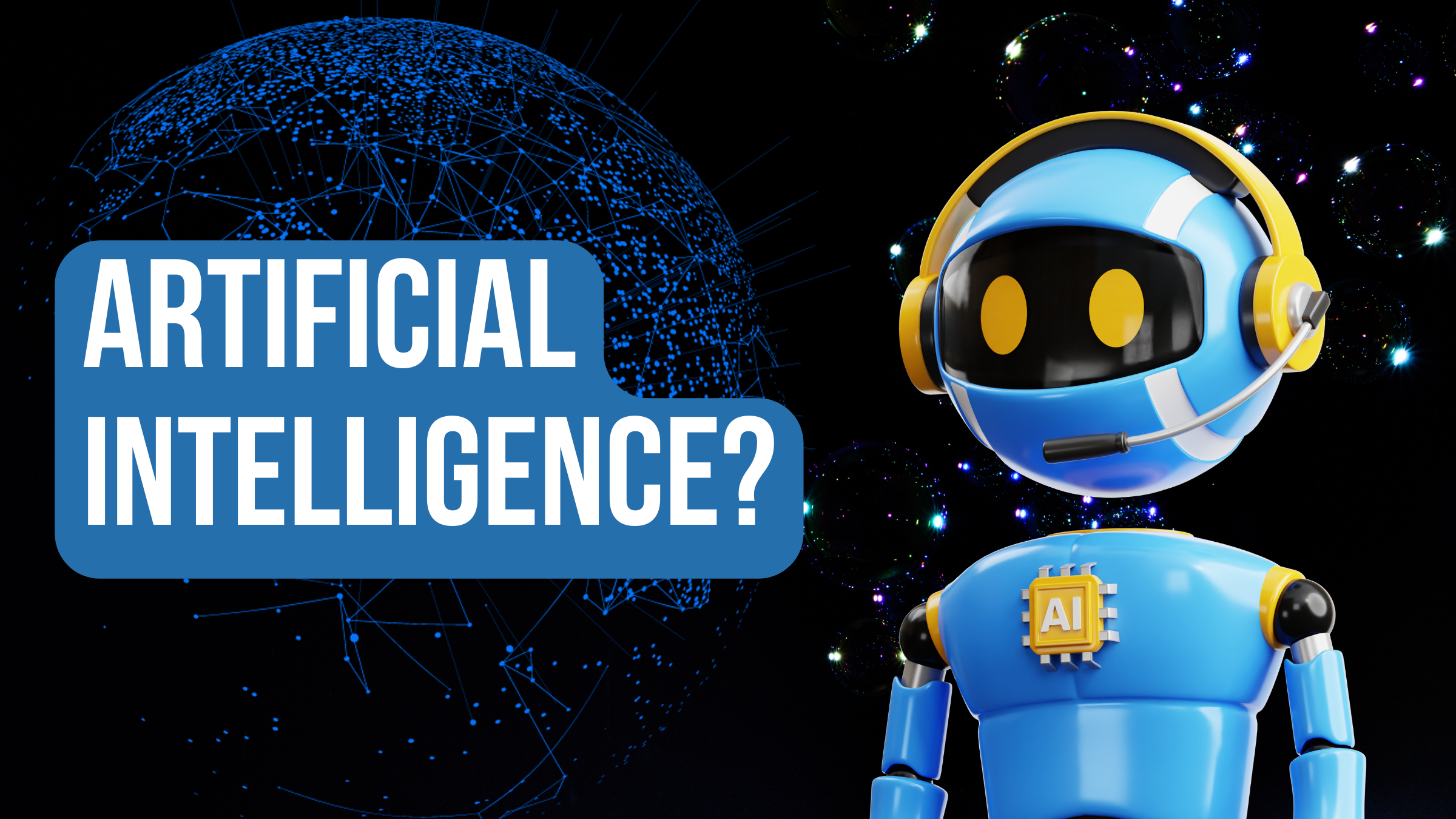THE FUTURE OF AI : EVERYTHING TO KNOW ABOUT ARTIFICIAL INTELLIGENCE

AI is evolving from a very long time ago , now it start gaining popularity and giving its impact everywhere.
Although, To know how Artificial Intelligence rise from the past time till now you can check out our blog about, The “Rise of Artificial Intelligence”
HOW AI IS IMPACTING EVERY SECTOR
Approximately 55% of companies have incorporated AI to different extents, indicating an upcoming surge in automation for numerous businesses. Through the emergence of chatbots and digital assistants, organizations can depend on AI to manage simple customer conversations and address basic inquiries from employees. Additionally, AI’s capability to analyze vast quantities of data and transform the results into user-friendly visual formats can expedite the decision-making procedure. Consequently, company executives no longer need to dedicate their time to analyzing the data themselves. They can utilize immediate insights to make well-informed choices.
JOB DESRUPTION
PRIVACY ISSUES
Companies require large volumes of data to train the models that power generative AI tools, and this process has come under intense scrutiny. Concerns over companies collecting consumers’ personal data have led the open investigation into whether OpenAI has negatively impacted consumers through its data collection methods after the company potentially.
In response, the Biden-Harris administration developed an AI BILLS OF RIGHTS that lists data privacy as one of its core principles. Although this legislation doesn’t carry much legal weight, it reflects the growing push to prioritize data privacy and compel AI companies to be more transparent and cautious about how they compile training data.

YOU MIGHT BE WONDERING WHICH INDUSTRIES EFFECTING BY ARTIFICIAL INTELLIGENCE?
Almost every significant sector has been impacted by modern AI. Here are some of the industries experiencing the most significant transformations due to AI.
AI IN HEALTHCARE
AI healthcare is revolutionizing the way people engage with medical professionals, despite initial skepticism. With its advanced analysis capabilities, AI enables faster and more precise disease detection, expedites and simplifies drug discovery, and even facilitates patient monitoring through virtual nursing assistants.
AI IN MANUFACTURING
AI has been a valuable asset to the manufacturing industry for many years. Since the 1960s and 1970s, AI-powered robotic arms and other manufacturing bots have played a crucial role in enhancing productivity. By working in collaboration with humans, these industrial robots efficiently handle tasks such as assembly and stacking. Additionally, predictive analysis sensors ensure the seamless operation of equipment, further optimizing manufacturing processes.AI IN FINANCE
Financial institutions, banks, and insurers are utilizing AI technology for various purposes such as fraud detection, auditing, and assessing customers for loans. Traders are also benefiting from machine learning algorithms that can analyze vast amounts of data simultaneously, enabling them to quickly assess risks and make informed investment decisions.
AI IN EDUCATION
The implementation of AI in education will revolutionize the learning process for individuals of all ages. By utilizing machine learning, natural language processing, and facial recognition, AI can transform textbooks into digital formats, identify instances of plagiarism, and analyze students’ emotional responses to identify those who may be facing difficulties or disinterest. Presently and in the future, AI customizes the learning experience to cater to the unique requirements of each student.AI IN MEDIA
The utilization of AI in journalism is evident and will continue to yield benefits. An example of this can be observed through The Associated Press’ implementation of Automated Insights, which generates thousands of earnings reports stories annually. However, with the emergence of generative AI writing tools like ChatGPT, there are numerous inquiries regarding their application in journalism.AI IN CUSTOMER SERVICE
While most individuals dread receiving robocalls, AI in customer service has the potential to provide the industry with data-driven tools that offer valuable insights to both customers and service providers. Chatbots and virtual assistants are among the AI tools that empower the customer service sector.AI IN TRANSPORTATION
Transportation is an industry that is poised for significant transformation through AI. Self-driving cars and AI travel planners are just a couple of examples of how AI will impact our journeys from point A to point B. Although autonomous vehicles are still far from flawless, they will eventually transport us to our destinations.AUTOMATED WEAPONRY
The incorporation of AI in automated weaponry presents a significant peril to nations and their civilian populations. Although automated weapon systems are already highly lethal, they also lack the ability to differentiate between military personnel and innocent civilians. Allowing artificial intelligence to be misused could result in reckless utilization and the deployment of armaments that endanger larger segments of society.IMPACT OF AI ON INFORMATION TECHNOLOGY.
The impact of AI on IT companies is profound, revolutionizing the way they operate and deliver services. AI technologies streamline processes, enhance efficiency, and drive innovation across various functions, from software development to customer support. With AI-powered solutions, IT companies can automate routine tasks, optimize resource allocation, and analyze vast amounts of data to gain actionable insights. Moreover, AI enables the development of intelligent software products and services, paving the way for personalized user experiences and predictive analytics. Embracing AI empowers IT companies to stay competitive in a rapidly evolving landscape, unlocking new opportunities for growth and transformation.
